The foods we eat have a direct influence on our mental health. Our mood is determined by the presence of certain neurotransmitters, or chemical messengers, in the brain. Serotonin, dopamine and norepinephrine are the three neurotransmitters that have the most influence over our mood. Deficiencies in these neurotransmitters are associated with depression, anxiety, ADHD, difficulty sleeping, fatigue and irritability. Nutrients from the foods we eat serve as the building blocks for these neurotransmitters. Highly processed foods and foods rich in sugar can cause energy spikes followed by dramatic dips and lack the vitamins and minerals needed to produce adequate amounts of serotonin, dopamine and norepinephrine. Protein, colorful vegetables and healthy fats support healthy production of our “feel good” hormones and promote steady energy levels throughout the day.
A great first step in improving your mood through nutrition is to decrease your intake of “bad mood foods”. These are foods that are processed, packaged, boxed or canned with added ingredients. Fast foods, “diet” foods, white bread, white rice, pasta, sugar, baked goods, soda and other sugar-rich foods can also hinder mood. Artificial sweeteners, MSG, fried foods, hydrogenated oils, trans-fats and excessive alcohol and caffeine consumption should also be avoided. Commercial processing of food strips it of the vital nutrients necessary for whole body health and optimal brain-body communication A diet high in carbohydrates and sugar-rich foods and devoid of other nutrients can lead to dangerous spikes in blood sugar that result in dramatic mood highs and lows, and potentially harmful blood sugar imbalances. High carbohydrate foods can prevent amino acids from reaching our brain and nervous system and thus interfere with neurotransmitter formation. Processed foods often have preservatives, colorants and other chemicals added to them. These additions are harmful to our health. In an effort to clean-out these anti-nutrients, our liver and detoxification system is often taxed, and these additives can even be toxic to us. Whole foods high in protein and vitamin and mineral content are a better choice than processed foods when it comes to supporting a healthy mood.
Proteins are composed of strings of amino acids, the building blocks of our body’s “feel good” molecules. For example, poultry, fish and nuts contain L-tryptophan, a precursor to serotonin. Eating foods that contain L-tryptophan can help improve mood by stimulating serotonin production. Another example of this process occurs when eating a piece of chicken. The protein from the chicken is broken down and made into L-tyrosine, an amino acid used to produce dopamine. Low levels of dopamine are correlated with conditions such as depression, ADHD and addictive behaviors, just to name a few. Protein rich meals also help to balance blood sugar in our body and decrease mood swings. Good moods are protein dependent! High protein-containing foods include chicken, fish, turkey, beef, wild game, eggs, pork and Greek yogurt. Lower-containing protein foods (but still great options) include nutritional yeast, seeds, nuts, beans, legumes and cheese. Include protein in every meal along with a vitamin and mineral-rich option to help support a balanced mood.
Consuming vitamin and mineral-rich foods are vital in supporting a healthy mood. Vitamins and minerals provide the necessary building blocks, co-factors and catalysts for biochemical reactions to occur throughout the body. These reactions keep us healthy and happy. Calcium, magnesium, B-vitamins and vitamins D, A are especially important for a sense of well-being and energy throughout the day. Vitamin-rich foods include colorful vegetables and fruits. Dark leafy greens are especially nutrient dense. Nuts, seeds, meat from grass-fed animals, cod liver oil, small whole fish, nutritional yeast and 100% whole grains are also nutrient dense whole-foods. In addition to vitamins and minerals, healthy fats also play an important role in supporting a stable mood.
Healthy fats increase the availability of amino acids to our brain and nervous system. Every cell in our body is composed of a membrane made of fats, and the cells of our brain and nervous system are especially fat-rich! Our brain cells need fat for communication with the rest of our body. It is important to distinguish good fats from harmful fats for health. Harmful fats include trans-fats, hydrogenated, and oxidized oils, and oils that have been fried in multiple times. These are commonly found in fast food and processed foods. Grass-fed animal products contain a healthier fat-profile than grain-fed animal products do, which is what you usually find in the grocery store unless grass-fed is specified. Healthy oils include olive, walnut, sunflower, sesame, coconut and avocado oil. Nuts, seeds, whole avocado, coconut, eggs, meat from grass-fed animals and small, whole fish are great sources of healthy fats. Another thing to be mindful about when consuming healthy fats is that the oils in these fats can oxidize with the air and become rancid. Proper storage and cooking with oils that have a high smoke point can reduce oxidation and other harmful reactions from occurring. Specific diet-types, such as a gluten-free diet, may also be helpful for some individuals in supporting a healthy mood.
Certain individuals are unable to completely digest gluten. Gluten is a protein present in a variety of grains including wheat, rye, barley, spelt, buckwheat and commercially processed oats. It is speculated that undigested gluten that cross the blood brain barrier and react with opioid receptors in the brain. This can cause symptoms such as cravings, irritability, brain fog, fatigue and mood swings after consuming gluten-containing foods. Gluten-free diets are not appropriate for everyone but some individuals may notice an improvement in energy levels and mood once gluten has been removed from the diet for a period of time.
Nutrition has a direct effect on our mood and can be a powerful tool in helping to relieve the symptoms of depression and anxiety. Avoiding processed, sugar-rich foods helps to balance blood sugar and encourages stable energy throughout the day. Eating a diet made up of whole, nutrient dense, colorful foods ensures our bodies are fueled with enough building blocks to produce the neurotransmitters necessary for a good mood!
References:
Food and Your Mood: Nutrition and Mental Health. National Center on Health, Physical Activity, and Disability. http://www.nchpad.org/606/2558/ Food~and~Your~Mood~~Nutrition~and~Mental~Health. Accessed November 2020
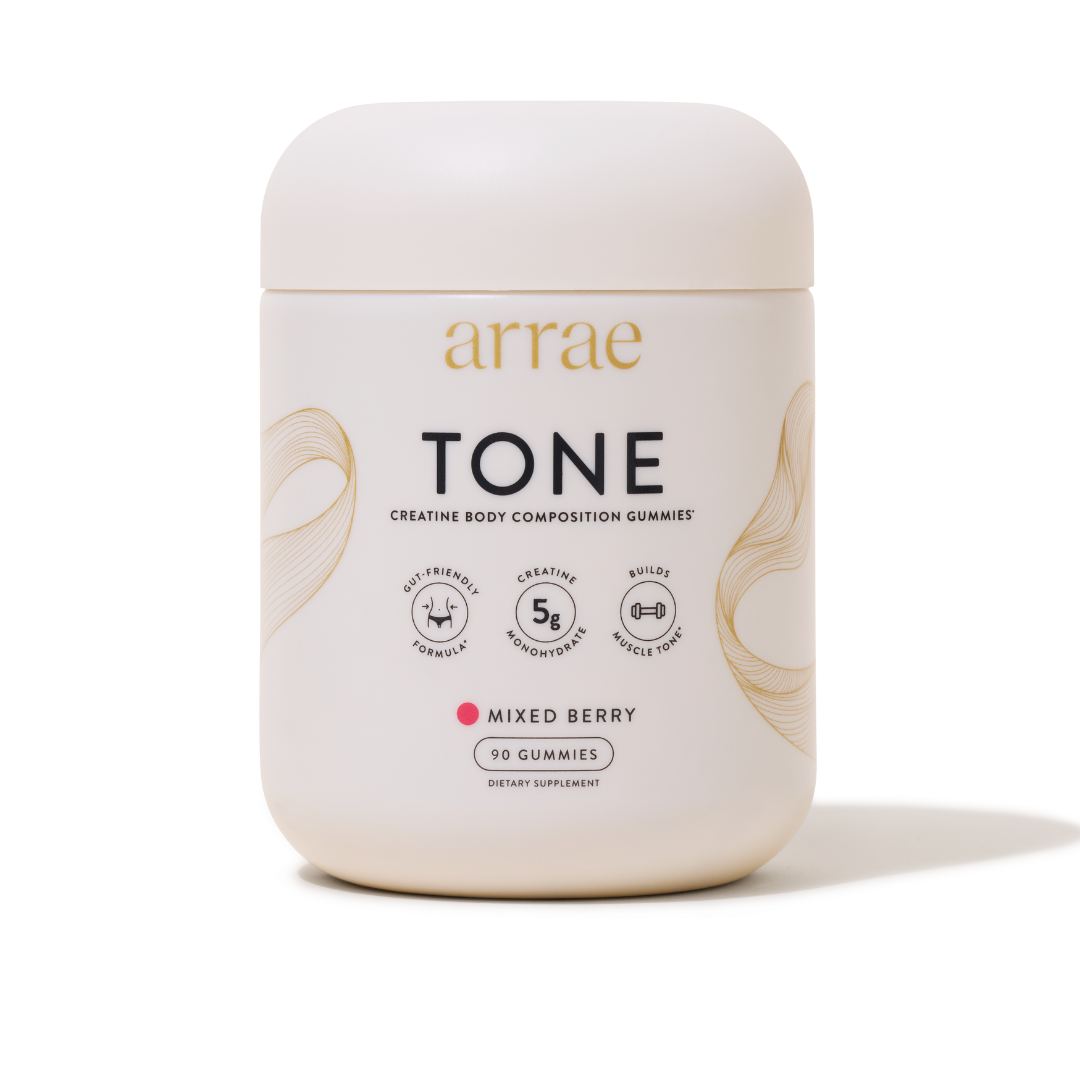
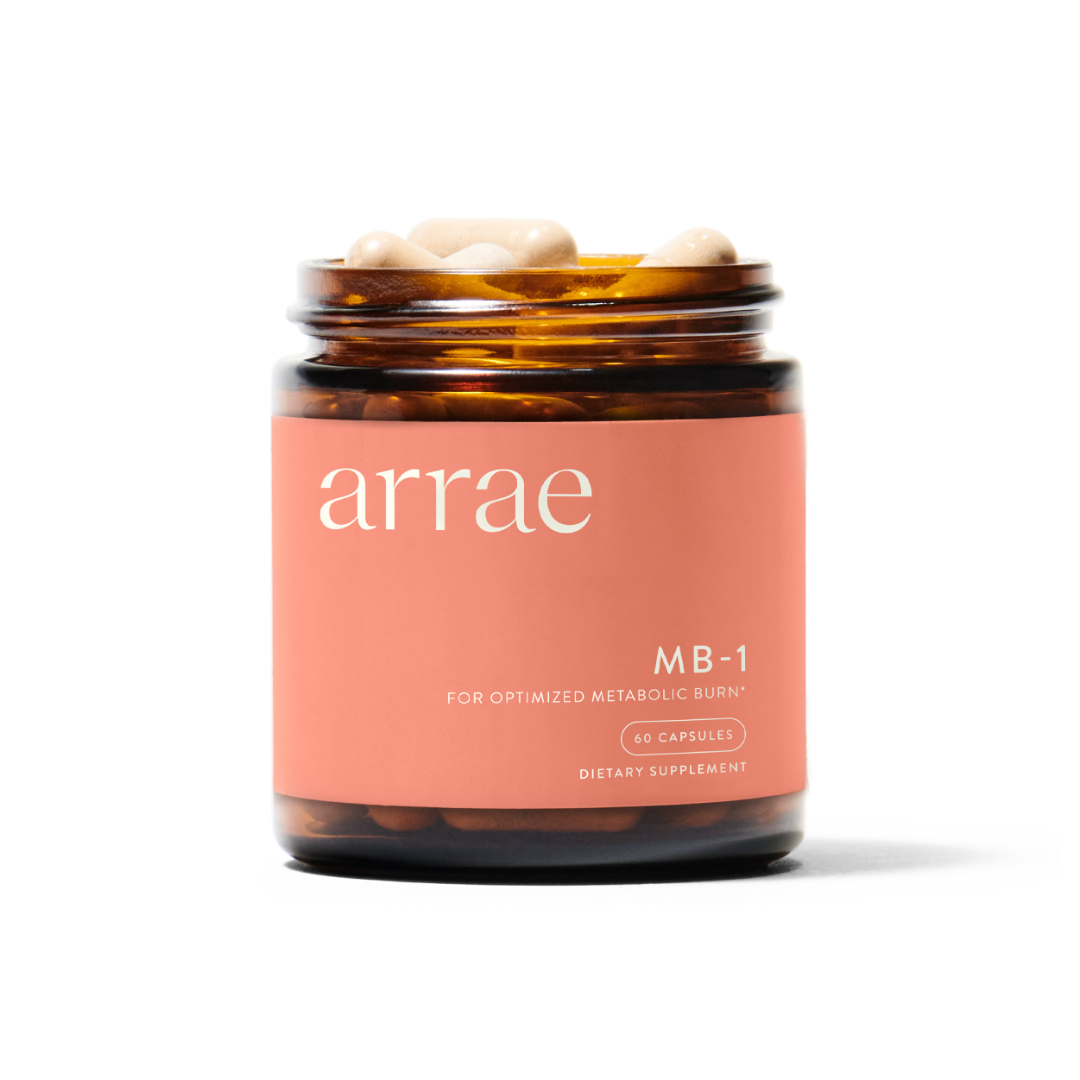

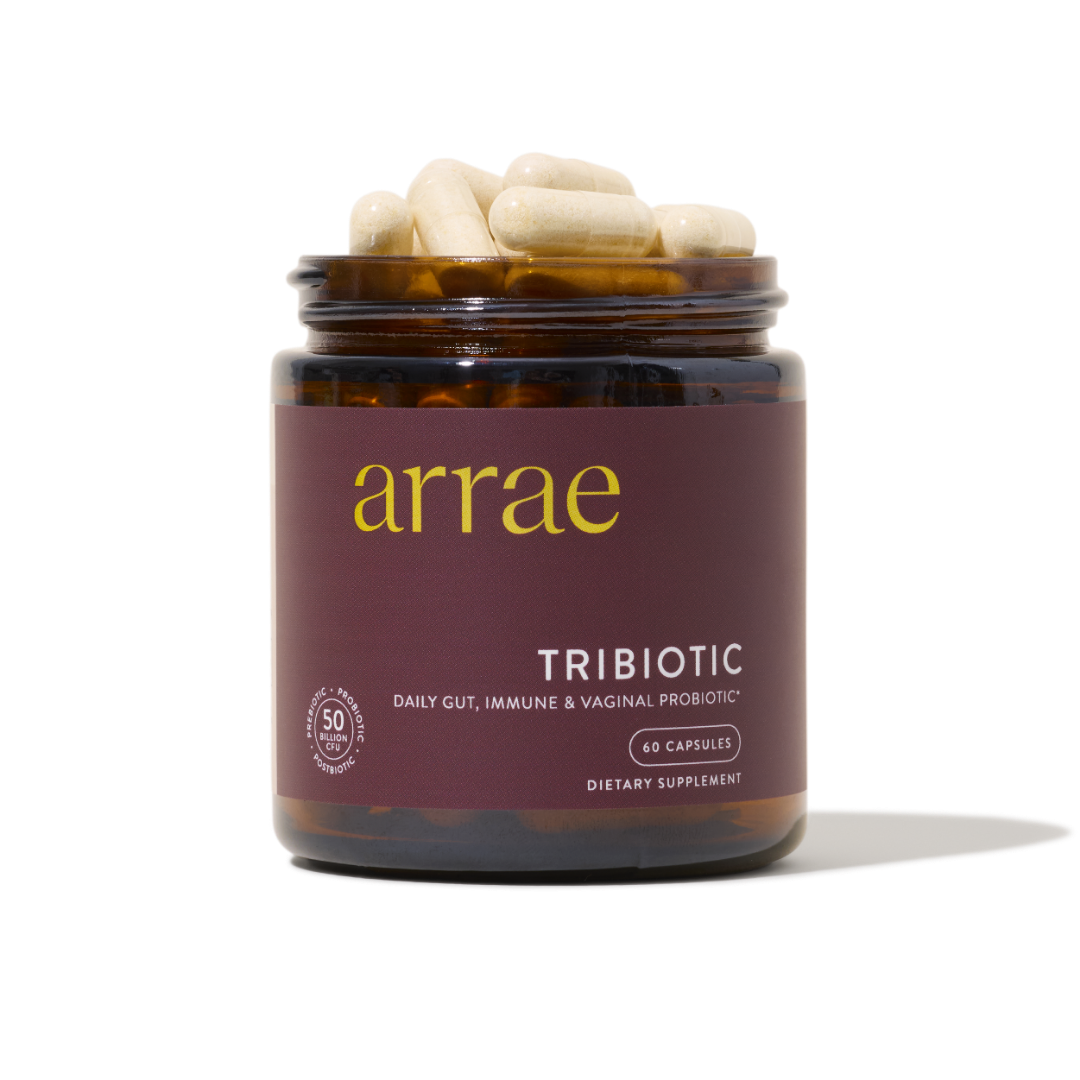

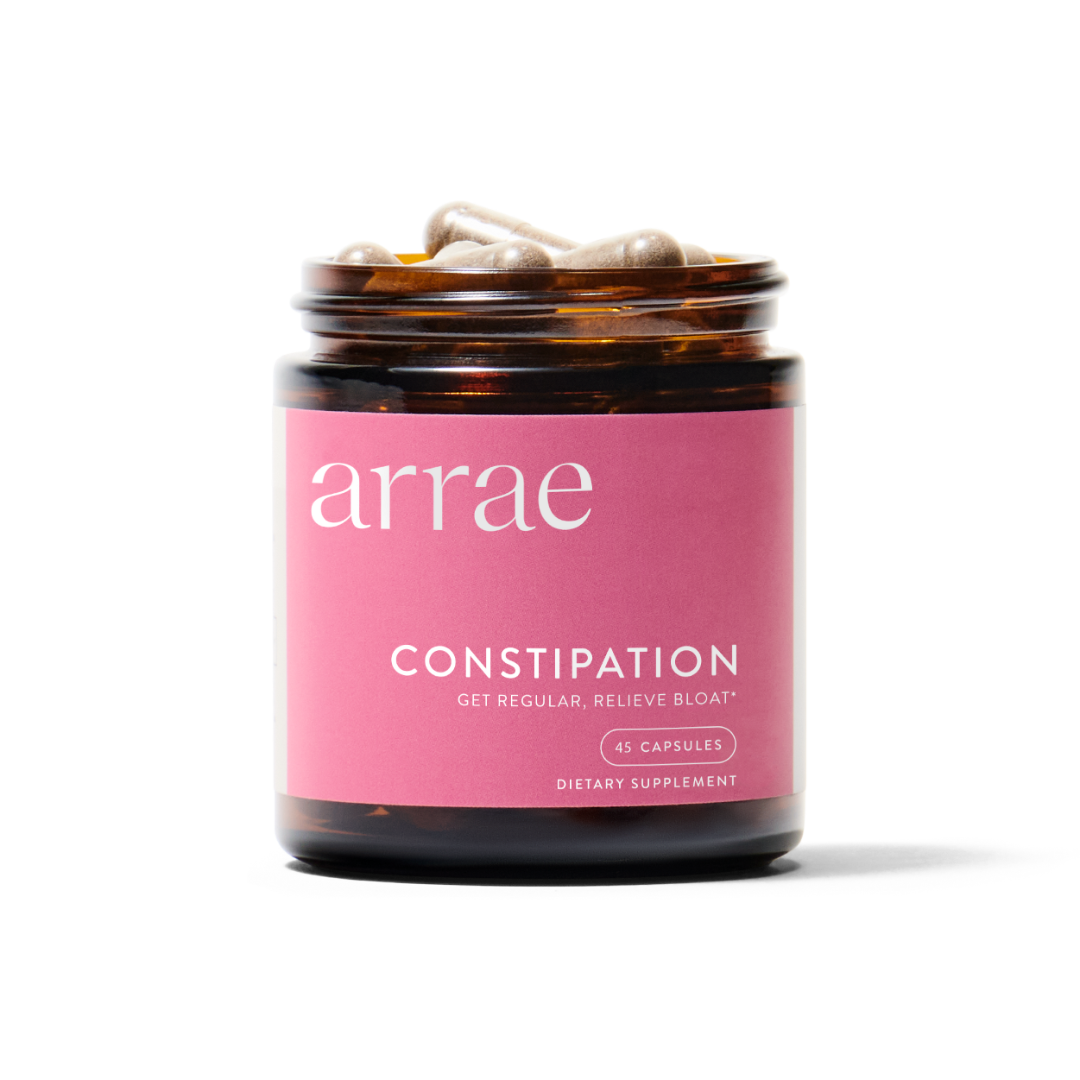

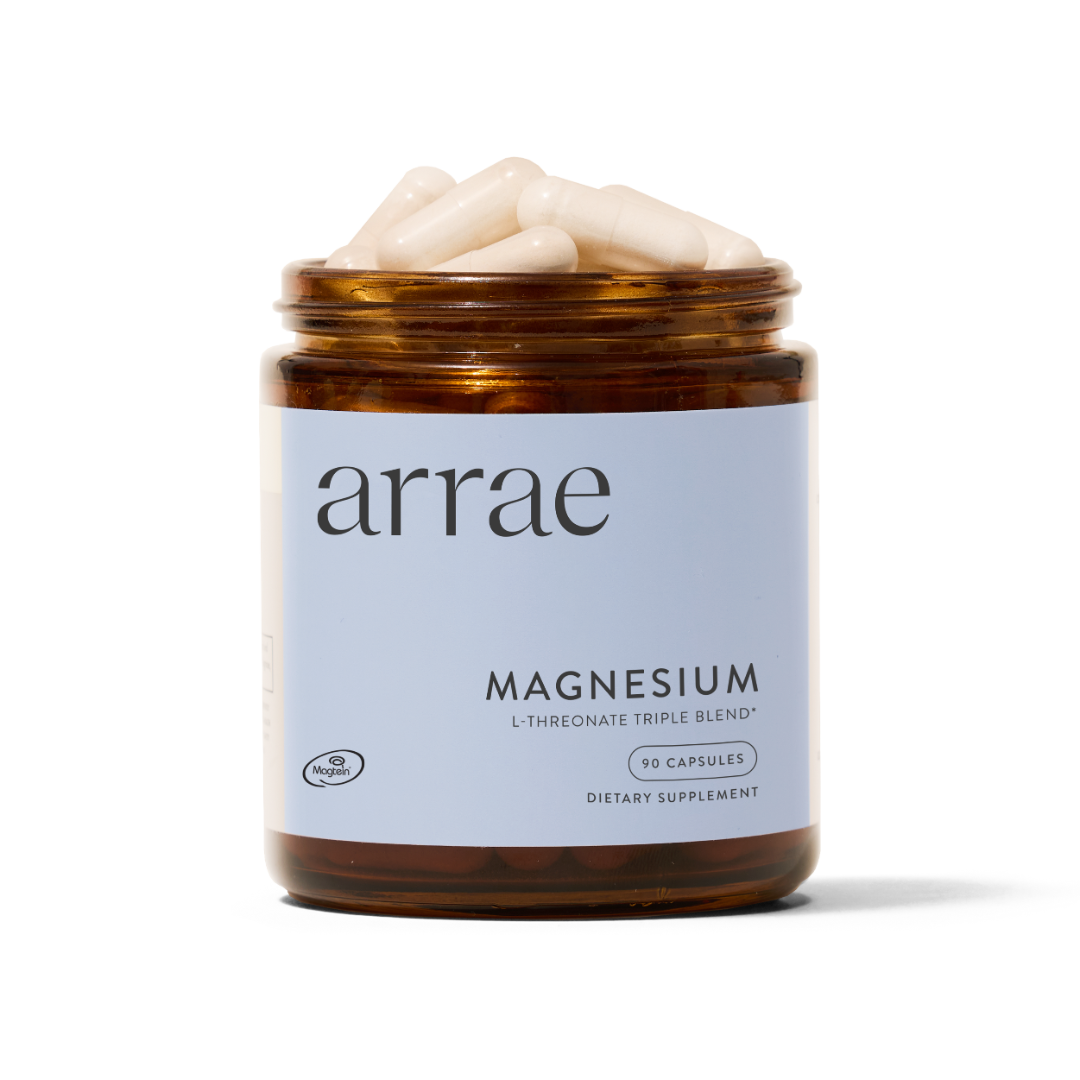
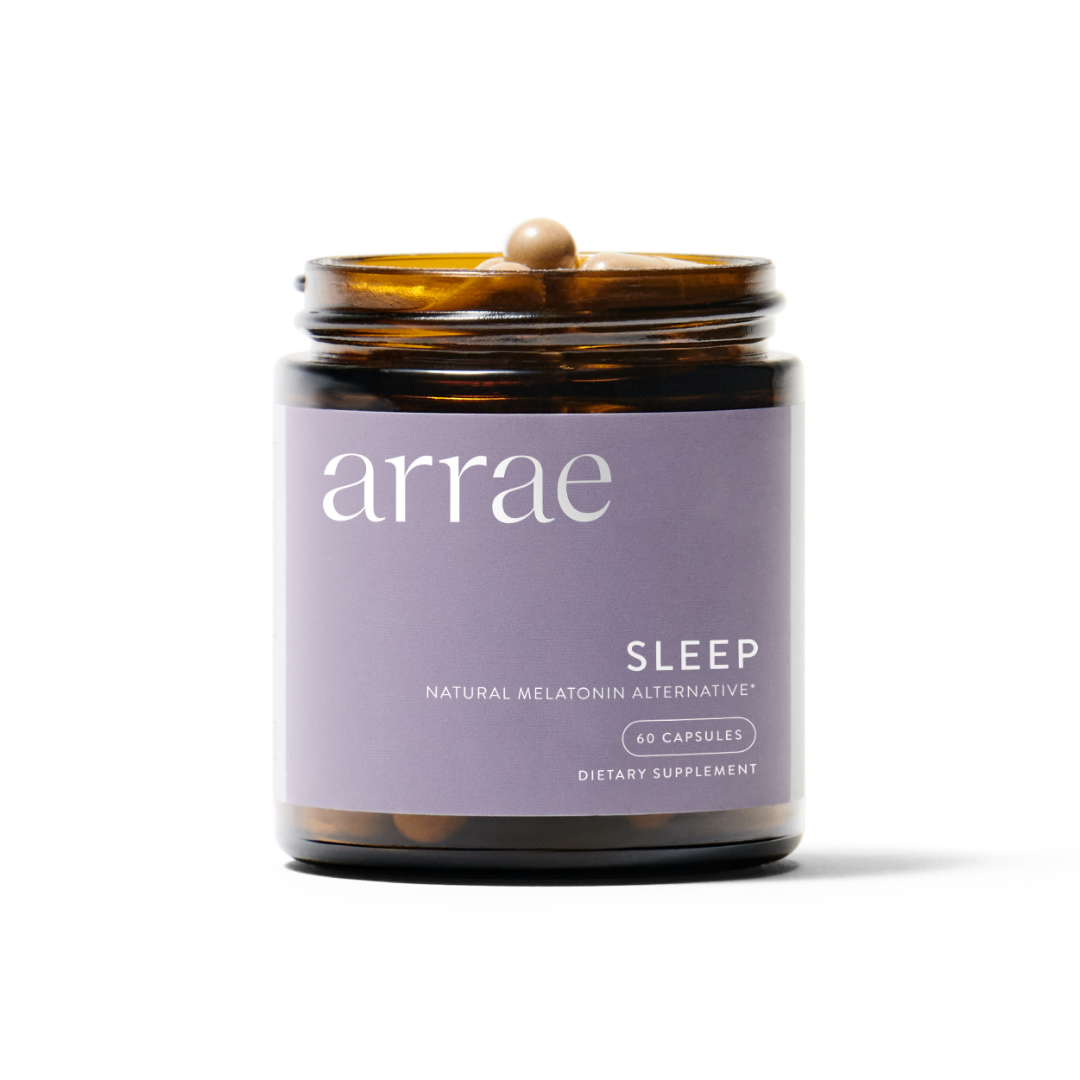
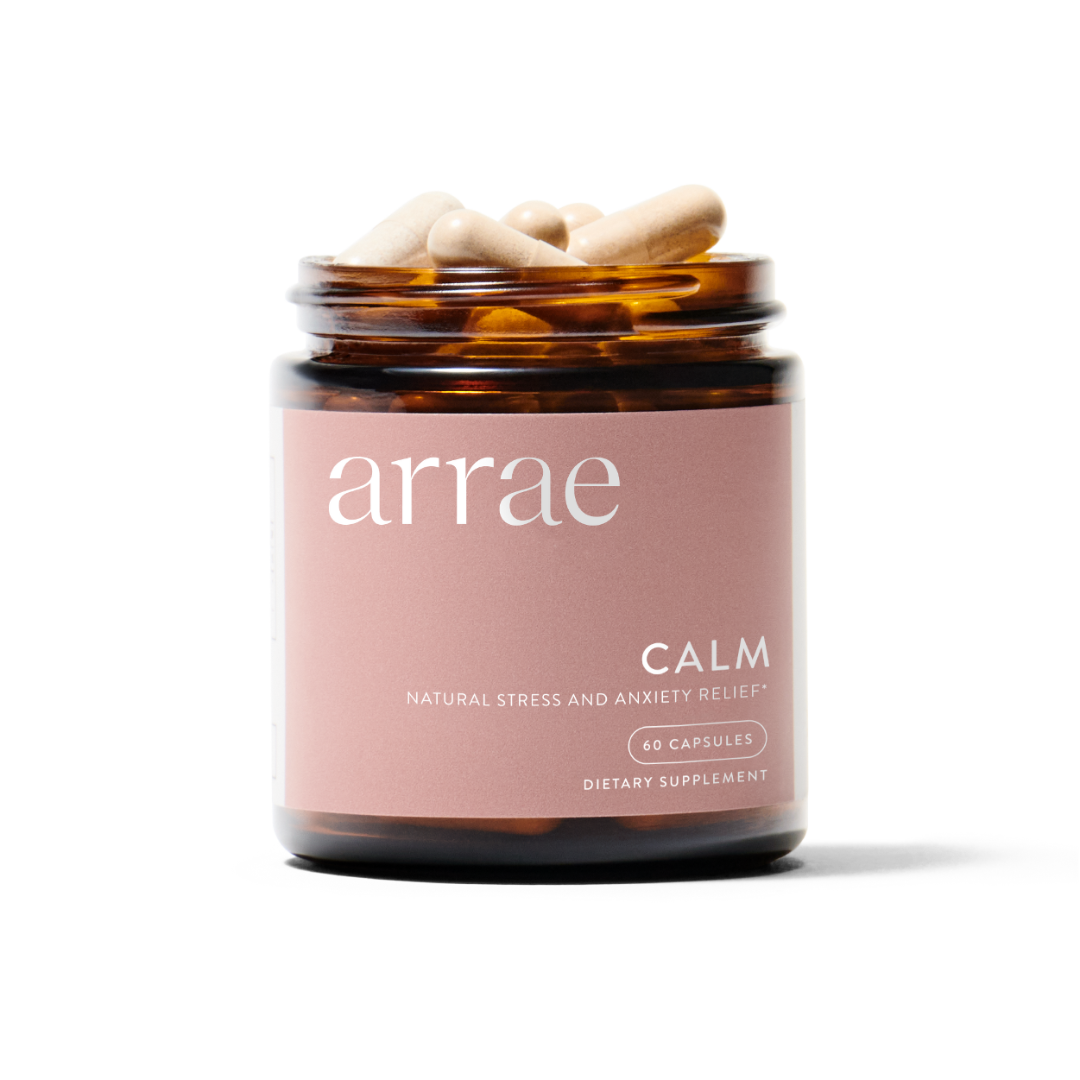

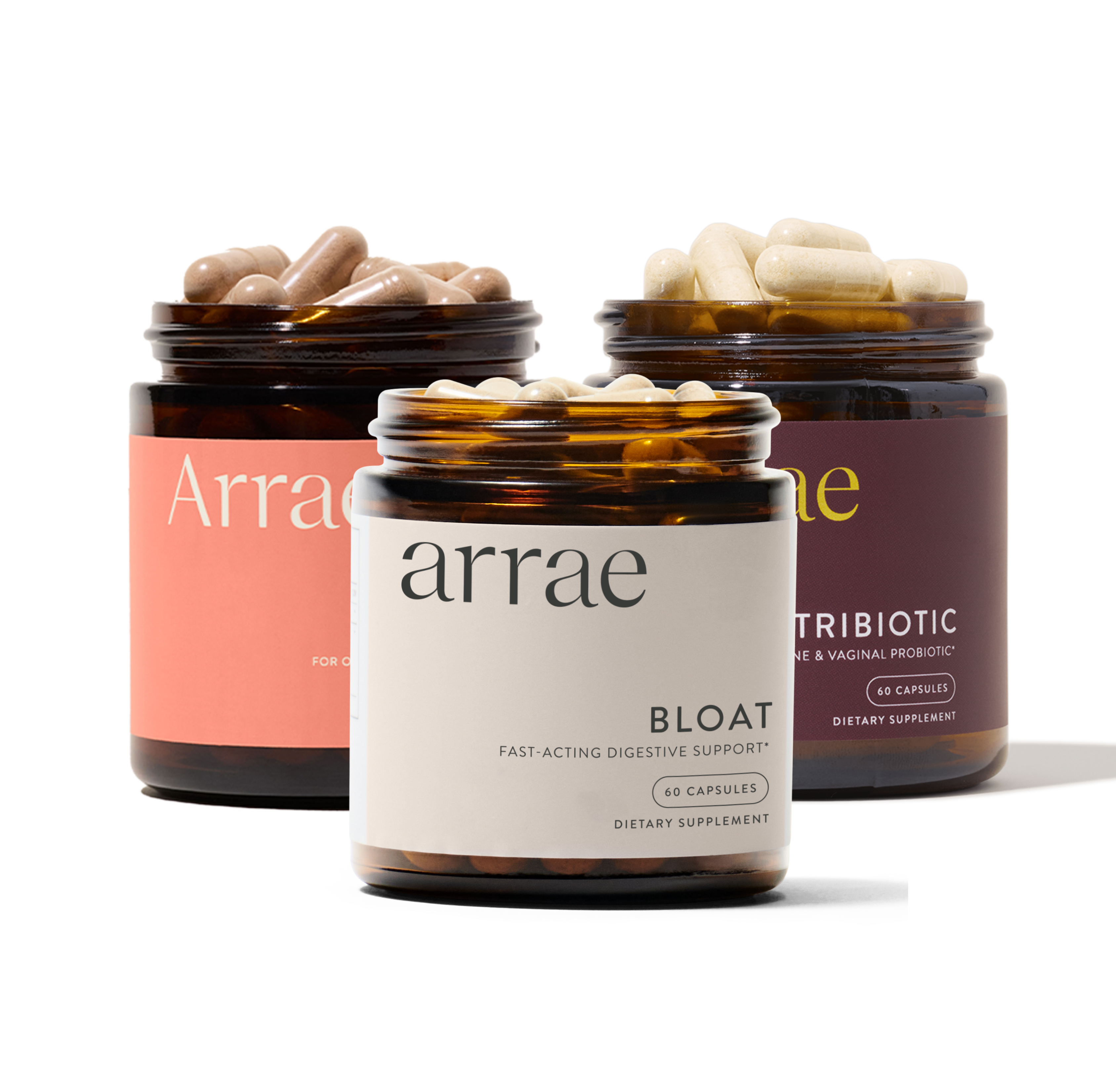
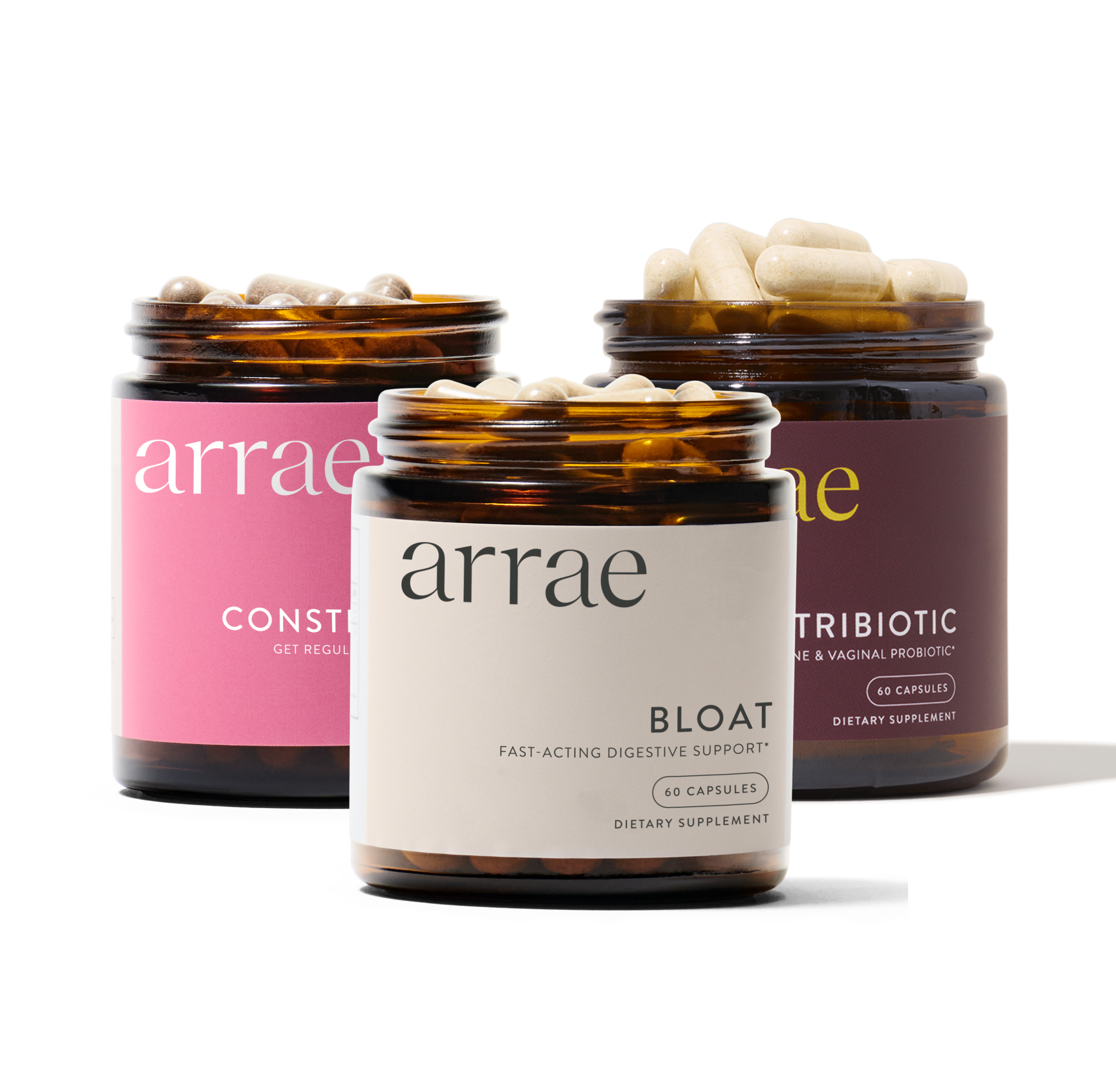








 Instagram
Instagram TikTok
TikTok Youtube
Youtube Facebook
Facebook Email
Email